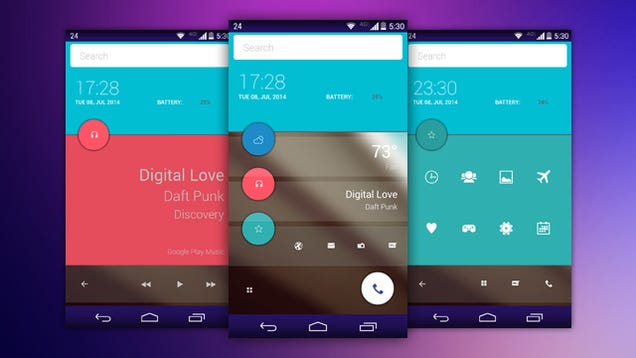Choose Your Death: The Future of Android
This is the third entry in a series. Read the previous one here.
 |
| Is android dead? |
It may not look like it, but android is dying, and we can prevent it. But before we can come to that conclusion, we first need to dive into the history of Android.
A simple Wikipedia search would tell you the open source software that originated from a camera software, but that is not the history we need to conclude evidence. It's the behind the scenes' little clues that rarely appear to the public. These clues were around us all along.
 |
| froyo wasn't good though |
Nowadays whenever you hear android, you hear Google. Google adopted android and created the Play Store. So there is pre-2.2 and post-2.2 for android store. Then the android fragmentation issue starting increasingly spreading, so Google countered that with Google Play services and a bunch of a few more API to help developers reach a wider audience, and save people with old phones from splurging money unlike the iPhone. Now, the Android site has the API for android L and the Wear even before the first android L software is out.
 |
| Good interface, bad intentions |
Looks like Google likes working on an android software, right? Especially since it recently acquired Motorola and all of its future nexus devices and wearables will be on it, it seems like Google wants to continue forever, right?
 |
| Just put "phone" in-between the two words |
Wrong. Android was only a platform for Google to test its ground in. Then, after it becomes completely professional at it, it will launch Chrome OS for smartphones and eventually abandon Android, leaving someone else to care for it.
Actually, the fact that Google wants to impose more Google apps to be built-in to the new android phone is just to have enough test subjects for more statistics and bug-fixing experience. Google is taking it slower than ever though, because it will go on for a longer while.
These APIs for Google play services are also a test for its own OS, so instead of an android OS upgrade, you get to use Google's code instead. Take good note of this because this is the seed of Chrome OS.
But so what? Android is open-source, and there are enough developers in the world ready to replace the play store with dozens when Google abandons it.
 Well, what about the hardware manufacturers? Things aren't looking too good for us there either. Samsung, the main competitor against Apple in the western market, is also making its very own operating system: Tizen OS. With Samsung's stunning success to android exclusive updates and having a big global market share, for it to leave the Android market is to leave a real big gap. Luckily, there is no point in worrying about that as there are many other manufacturers that have the potential to adopt devices. I am not talking about Sony, HTC, or all that, but rather any local vendor.
Well, what about the hardware manufacturers? Things aren't looking too good for us there either. Samsung, the main competitor against Apple in the western market, is also making its very own operating system: Tizen OS. With Samsung's stunning success to android exclusive updates and having a big global market share, for it to leave the Android market is to leave a real big gap. Luckily, there is no point in worrying about that as there are many other manufacturers that have the potential to adopt devices. I am not talking about Sony, HTC, or all that, but rather any local vendor.Honestly though, I am not worried as much in the near future about main supporters of android abandoning it. There are Huawei phones that exist without the Play Store that run android, as well as various Nokia devices. However, the threat is there, and will continue to grow in the next few years, and it will be alarming.
 |
| very creative and innovative and artistic logo. |
On the other hand, Google is not only gaining benefits from open source then planning to abandon it; the search giant is also trying to take this migration in steps, and ensure developers would want to switch over to Android One, which Google controls. I know it’s tempting as a developer or as a phone manufacturer to switch there, but it’s sad and destructive.
Above all else, remember to choose open source software, because you can. Nobody wants a world where we can’t be programmers or engineers because everything else has been patented or owned by someone else. Especially that software can be owned, patented, and privatized. It’s duplication isn’t always as successful either.

No comments:
Post a Comment